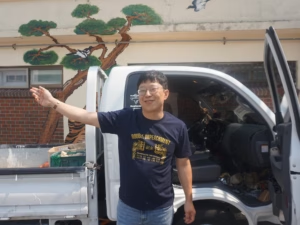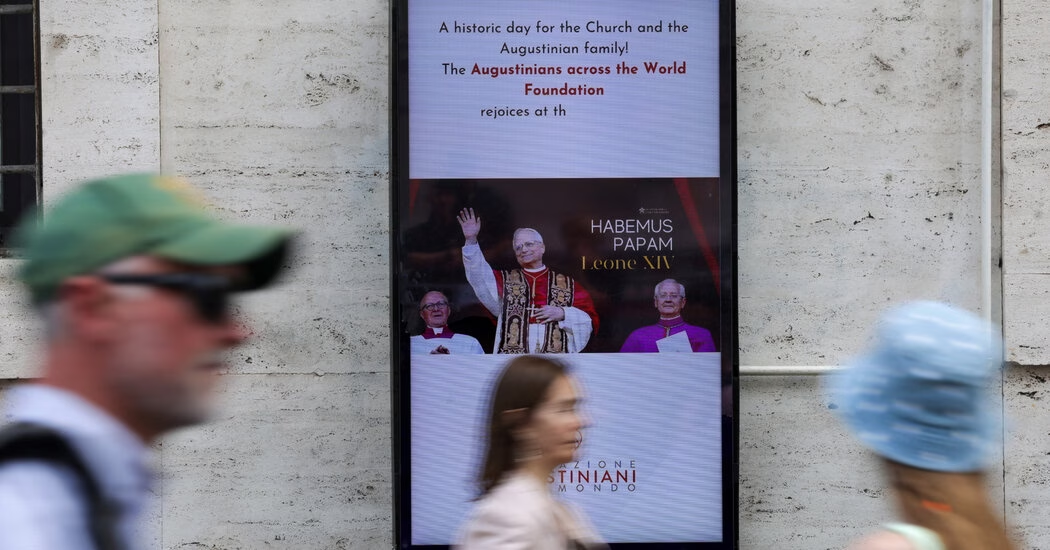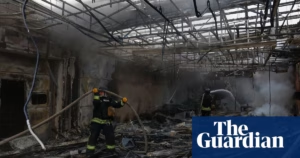The announcement that Vice President JD Vance would be attending Pope Leo XIV’s inauguration mass included a notable detail. According to the White House notice, “Pope Leo XIV is the first American Pope. Vice President Vance is the first Catholic convert to serve as Vice President.” This statement, while seemingly straightforward, carried significant weight regarding the evolving relationship between conservative Catholicism and political power in the United States.
This issue was at the heart of Pope Leo XIV’s selection by the cardinals, a move that some saw as an attempt to reconcile the strained relationship between the Catholic Church and conservative political factions in America. Just weeks before, JD Vance had publicly shown respect to Pope Leo’s predecessor, despite their theological differences. However, the inauguration marked a new era where both individuals, though from different backgrounds and viewpoints, seemed to share common theological and administrative values.
Many conservative Catholics, while not personally familiar with Pope Leo XIV, have started to acknowledge his efforts to position himself as a bridge between different factions within Catholicism. This perception has been bolstered by actions such as his focus on the dignity of the worker, a theme that resonates with conservative economic philosophies emphasizing family and economic reform in line with Pope Leo XIII’s Rerum Novarum. His inaugural address, highlighting the importance of family as a foundational unit of society while also emphasizing the need to respect the dignity of all individuals, showed a nuanced understanding of contemporary social issues.
John Cannon, a prominent Catholic business leader, noted the significance of Pope Leo’s focus on modern issues such as technology and A.I., seeing it as a positive sign for the Church’s engagement with contemporary challenges. Meanwhile, Representative Riley Moore’s introduction of a Congressional resolution to honor Pope Leo XIV, despite previous criticisms of the Trump administration’s immigration policies by the new Pope, underscored a growing bipartisan interest in Pope Leo’s leadership.
Some conservatives have shifted their stance on Pope Leo XIV since his election, moving from initial skepticism to cautious optimism regarding his administration. This change reflects a widespread desire among conservative Catholics for a unified approach to the Church’s doctrine and teachings that could potentially reset relations between the Church and conservative political factions.
As Pope Leo XIV’s papacy progresses, the relationship between the Church and conservative politics in America may undergo significant changes. The intersection of their interests on issues like economic reform and moral leadership could lead to a new era of cooperation and understanding. Despite the complexities and historical divisions, the inaugural attendance of Vice President Vance at Pope Leo XIV’s mass signaled the beginning of a new chapter in the relationship between Catholicism and conservative America.
Source: https://www.nytimes.com/live/2025/05/18/world/pope-leo-xiv-mass/a-small-tight-knit-religious-order-molded-pope-leo-xiv






